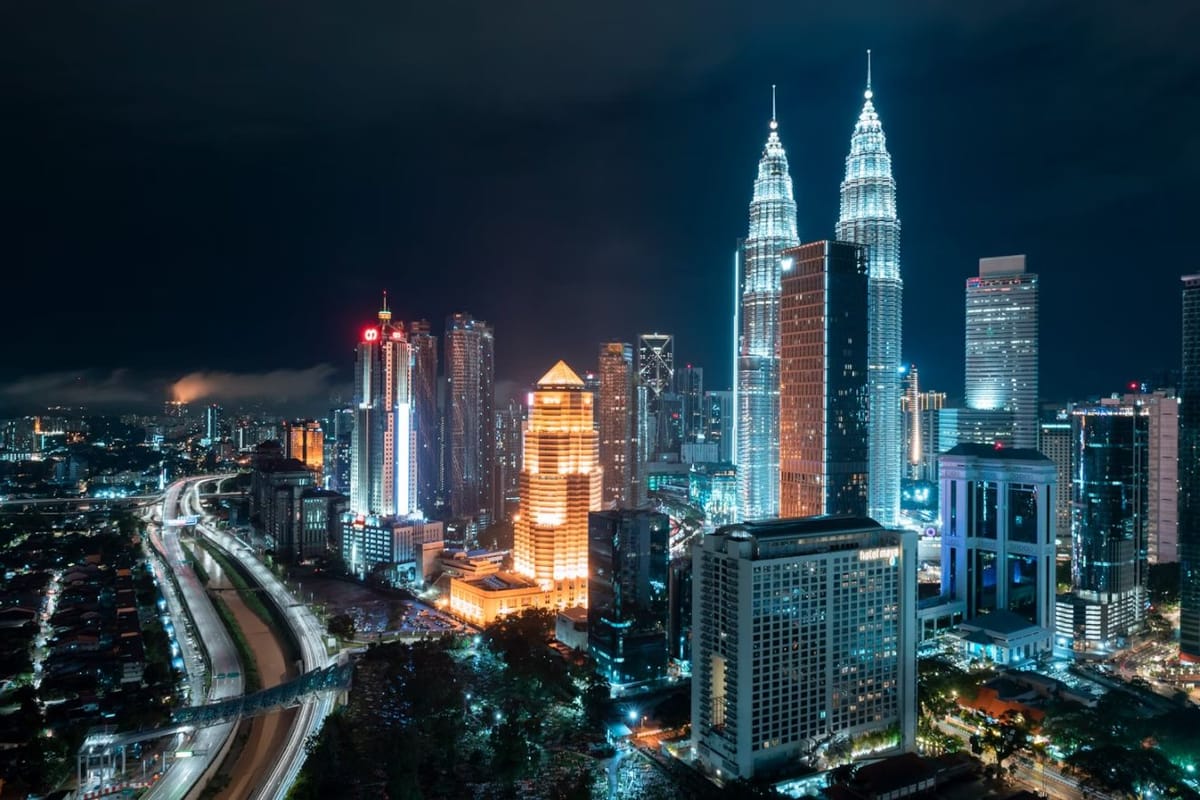Malaysia's data centre controls and the GPU chess game
Malaysia's new rules are about infrastructure, not blocking China

Is Malaysia clamping down on data centres, and will this hinder China's efforts to gain access to AI chips? Well, my response is yes and no.
According to a Reuters report on Friday, Malaysia's reining in of data centres will complicate China's access to powerful GPUs for AI. The story is a lot more nuanced than that, however. Let me lay out the context.
Malaysia's hypergrowth
Malaysia has experienced extraordinary data centre growth over the last few years. I've written about it many times, so I won't belabour the point.
This speed of growth has strained resources, prompting new policies. Since earlier this year, Malaysia has announced initiatives such as a framework for sustainable data centre growth, requirements for data centres to build wastewater treatment plants, and upcoming rules against 100% treated water use.
Anecdotal evidence on the ground also points to how some operators weren't able to secure all the power and water they wanted.
Chinese data centres in Malaysia
Some publications like to paint a picture of Chinese firms deploying AI workloads in Malaysia to circumvent US sanctions. This isn't the complete picture.
As I've explained before, the wave of data centre construction in Malaysia started before ChatGPT took the world by storm on November 30, 2022. In fact, the first groundbreaking ceremonies of Chinese hyperscalers happened around the second half of 2022. Bear in mind it probably took a year or more to secure relevant permits, design the facilities, and subcontract the work.
After ChatGPT launched, everyone started building data centres everywhere. With data centres already approved, it made perfect sense for Chinese tech giants to deploy AI workloads in their modern Malaysian facilities.
GPU restrictions and the next frontier
I've always argued that GPU controls are a game of whack-a-mole, due to the fact that AI models can be trained anywhere. I've spoken with experts who tell me that geographic distance is merely an inconvenience to AI training.
Creative business models are emerging too. With access to GPUs and enough money, it's entirely possible for businesses to deploy GPUs in an allowed jurisdiction, but "lease" the data centre to just one customer.
Finally, big money has historically led to creative workarounds, especially when dealing with unilateral export controls. The high cost of GPUs means that even small margins can generate massive profits for intermediaries.
Whatever the case, Malaysia's new sustainability requirements aren't about blocking China. They're about managing explosive growth that's straining infrastructure. If anything, these policies affect all operators equally, not just Chinese firms.
Indeed, rapid growth data centre in Thailand means it could become the new Johor. What do you think?




